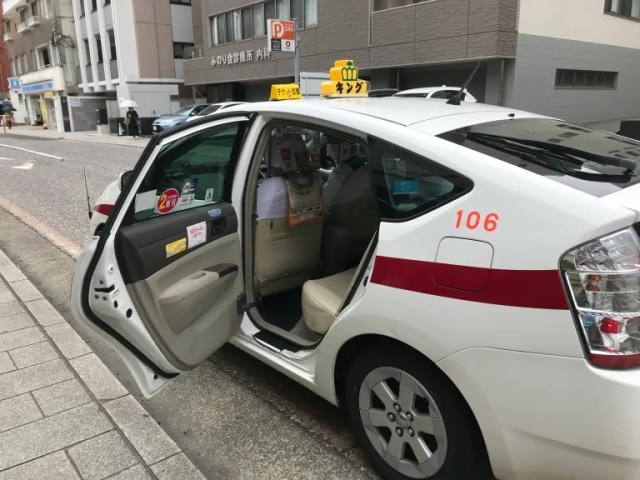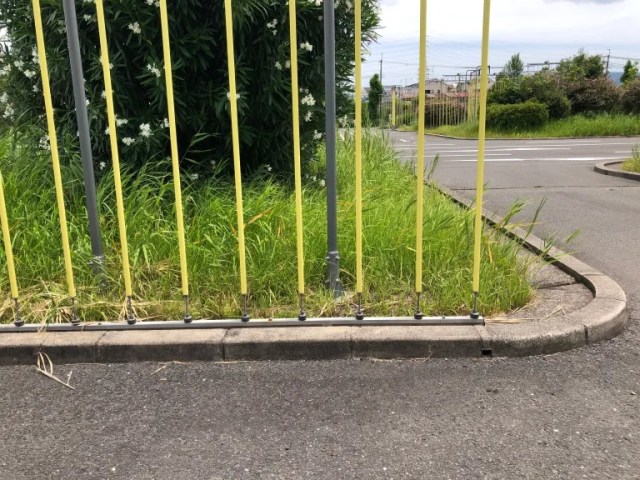Moving to Japan as a foreigner to work as a taxi, bus or truck driver may be getting easier soon

Japanese government looking to open a path for immigration to Japan to work in transportation sector.
A few years ago, the Japanese government created a new residency category for foreign workers in Japan. Called the Specified Skilled Worker program, the initiative offers relaxed immigration hurdles for individuals coming to Japan to work in key industries that are expected to experience labor shortages as Japan’s population declines, such as nursing, agriculture, construction, and factory work.
Now the Ministry of Land, Infrastructure, Transport and Tourism is considering adding a new category to the list of Specified Skilled Worker jobs, which would allow foreigners to enter Japan to work as taxi, bus, or truck drivers.
▼ Yes, you could be the one pressing the button that opens the back door of a Japanese taxi for the passenger.

The initiative comes as multiple factors combine to create a looming shortage of professional drivers in Japan. For starters, taxi driving isn’t a job that’s attracting a lot of young people in Japan, where the average age of taxi drivers is 58.3 years old. According to statistics from 2021, the country then had roughly 220,000 taxi drivers, which sounds like a lot until you learn that it had 340,000 taxi drivers in 2011, meaning more than a third of the workforce evaporated in those ten years. The travel downturn during the corona pandemic, in which fewer people were travelling or even going out and about in general, also has had many drivers in recent years either opting to retire or switch fields of work.
With travel, including international travel resuming, though, demand for taxi and bus services is likely to rebound. At the same time, new, stricter overtime caps for professional drivers are set to go into effect next year, meaning that even if Japan’s current drivers were willing to pick up the slack caused by the shrinking of the industry’s workforce, they might not be legally allowed to do so. This has led the Japan Federation of Hire-Taxi Associations, Nihon [Japan] Bus Association, and Japan Trucking Association to all request that professional driving in their fields be granted Specified Skilled Worker eligibility status in their most recent annual business plans, published last spring.
The Ministry of Land, Infrastructure, Transport and Tourism has expressed openness to the idea, and says it will be working with the Immigration Services Agency to determine what would need to be done for successful implementation.
Professional driving comes with some unique challenges for foreign workers newly arrived in Japan. For starters, they’ll need to acquire Japanese driver’s licenses. Taxi and bus drivers, who are commercially driving vehicles with other passengers inside, must also obtain an additional Class 2 driver’s license, the written test for which is only offered in Japanese (the standard license test can be taken in English and other foreign languages).
▼ Passing the regular Japanese driver’s license test isn’t necessarily easy either, even for people used to driving in their home countries, as we ourselves recently experienced.

There’s also a language issue related to the way in which drivers generally work far away from other members of their company. A foreign office or factory worker, when faced with a question or concern that they can’t fully understand from a Japanese customer or other outside party, can generally enlist the help of a nearby Japanese-native coworker without too much delay. That’s not really an option though for a taxi, bus, or truck driver, who’s likely to be several kilometers away from the other members of their company when they encounter such language barrier-based troubles. Navigating streets and highways can also be very tricky in Japan, where most streets are unnamed and buildings are not numbered in geographic sequence, so taxi drivers often need to be able to communicate with passengers in order to get them exactly where they want to go.
Because of that, the Ministry of Land, Infrastructure, Transport and Tourism is looking into designing educational materials and testing standards covering skill sets such as customer communication scenarios and proper cargo loading, unloading, and handling. If such challenges can be sorted out, though, it just might possibly open the door for Specified Skilled Worker Totoro Catbus drivers.
Source: Mainichi Shimbun, Nihon Keizai Shimbun
Photos ©SoraNews24
● Want to hear about SoraNews24’s latest articles as soon as they’re published? Follow us on Facebook and Twitter!
Credit:

0 comments:
Post a Comment